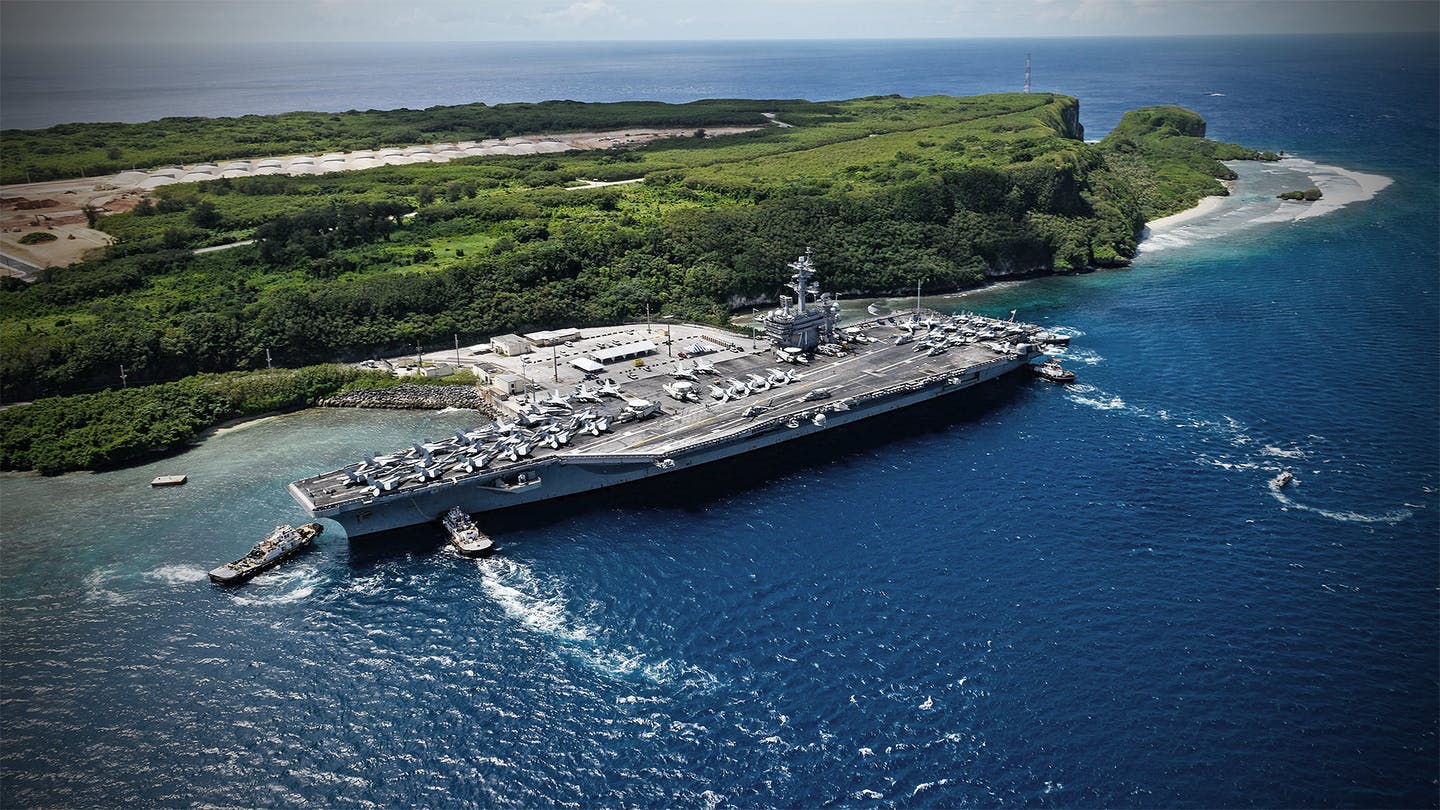BradenLive
Things I write live here
Leadership through the USS Teddy Roosevelt saga
This post began as an email to a group of fellow MBA candidates at the Kellogg School of Management as the coronavirus saga aboard the USS THEODORE ROOSEVELT unfolded in Guam in late March and early April 2020. I thought it could be useful to post it, in order to help those not immersed in Navy culture understand the events and their implications.
⚠ As mentioned on my About page, The views expressed here are my own and do not reflect those of the Department of Defense, the Navy, or any other government entity.

9:25PM ET, Friday, April 10, 2020
Subject: The USS Theodore Roosevelt saga
As I mentioned on Thursday during our call with Harry, my younger brother was aboard the USS Theodore Roosevelt aircraft carrier (TR) that is having the outbreak of COVID-19 cases while pierside in Guam. As of this morning, he tested negative for COVID-19 and is now in 14-day quarantine in a Guam hotel! My family is very relieved, of course. Thanks for your words of support.
Let me give you my personal views on three characters in this story who exhibited very different methods of leadership:
Captain Brett Crozier, the commanding officer of the TR. He's the one who sent the letter to his Navy superiors above him in the chain of command, practically begging for the Navy to help get his sailors off the ship more quickly so that they wouldn't contract the virus. In my view, Crozier did nothing wrong by sending the letter, regardless of what you may have read in the media. Instead, Crozier knowingly put his career on the line to protect his people. I can tell you that letters like this - letters which could reflect poorly on higher Navy leadership - are not in the ordinary course of business in the Navy. Crozier knew that he could potentially be fired from his job. He had a lot on the line: the commanding officer of an aircraft carrier is one of the most sought-after positions in the Navy and practically guarantees further promotion and a very successful career. Captain Crozier put his crew first, and they loved him for it. (Watch the first video of that link).
(Former) (Acting) Navy Secretary Thomas Modly. While acting as Navy Secretary, appointed by the Secretary of Defense four months ago after President Trump fired the last Navy Secretary, Modly made the decision to fire Captain Crozier. To give you perspective, this is the equivalent to the CEO of a company like Baxter reaching down to personally fire…well, maybe not a fresh MBA grad, but someone close to that. There are at least five leaders in the chain of command between the two men. Modly fired Crozier because in his view, Crozier knew or should have known that the letter would leak to the media. A less charitable interpretation of the firing might be that Modly did it because the letter reflected poorly on the Navy - in other words, Modly was retaliating on a whistleblower. Then, Modly flew 17 hours to Guam to berate the crew of the TR in person. Modly proceeded to double-down in the New York Times by attacking the great-grandson of Theodore Roosevelt, issued an apology hours later, and was fired the next day. Throughout, Modly showed that he put the reputation of his organization ahead of truth, transparency, and compassion. Modly fell far short of Harry's advice for us all: do the right thing, and do the best you can do.
Crozier's immediate superior on board the TR and every Navy leader in between him and Modly. These individuals were deafeningly silent throughout this entire episode. Any one of them could have helped the Navy avoid everything that happened last week just by being transparent, irrespective of the validity of Crozier's claims in his letter. An appropriate public response to the letter could have been:
Thank you, Captain Crozier, for putting your sailors first. The Navy hears your concerns, and we are doing X, Y, and Z to get you the support you need as quickly as possible. We welcome questions from the media on this, because we want to assure the American people as well as the families of all our deployed sailors that we put our people first. All leaders in the Navy and our military should reach out for help when they see risk on the horizon.
Instead, the Navy chain of command created an atmosphere where leaders will hesitate to put their careers on the line when their people may be at risk. This wasn't leadership - it was abdication.
Maybe I took Harry's request for more information on this whole saga too seriously - regardless, I hope this is helpful to you all! I spent the past week in varying combinations of fascination and horror as it all played out. Ideally, we can all learn from this and be brave leaders who take care of our people first instead of protecting reputations or careers.
Sincerely,
Braden